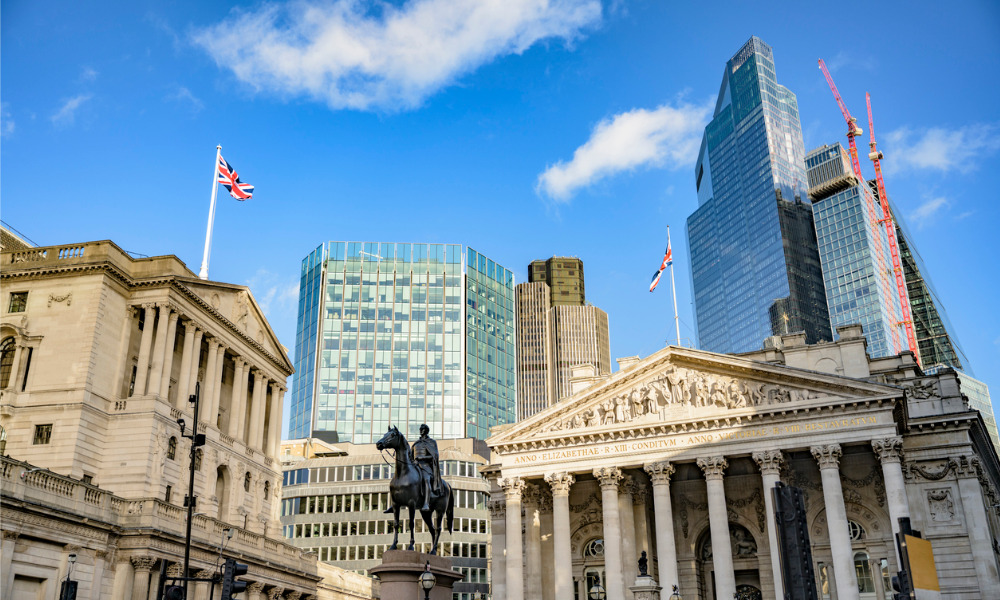Has the long-awaited base rate cut finally arrived?

For the sixth consecutive time, the Bank of England (BoE) decided to leave interest rates on hold at 5.25% on Thursday.
The decision comes despite the UK’s annual inflation rate falling further to 3.2%, continuing a trend that had prompted speculation about potential rate cuts soon.
The central bank’s Monetary Policy Committee (MPC) has not changed the base rate since September 2023, reflecting a cautious approach despite easing inflationary pressures. The last significant reduction in the base rate occurred in March 2020, during the onset of the COVID-19 pandemic, when rates were cut from 0.75% to 0.25%, and further reduced to 0.1% shortly thereafter.
Following a period of rate hikes beginning in December 2021 to counter rising inflation, which reached a 41-year peak of 11.1% in October 2022, the BoE anticipated inflation would stabilise at its target rate of 2% by this spring.
With the Bank of England making the widely expected decision today, economists and industry experts are turning their focus on further monitoring of economic indicators, as the MPC’s future decisions on whether to initiate a rate cut will hinge on sustained decreases in inflation and other economic factors.
“Any call to race ahead of the Fed and cut the base rate early would have been short-sighted,” commented Andy Mielczarek, chief executive of Chetwood Financial. “Holding at 5.25% was the right decision by the Bank of England, as there remains enough uncertainty and stickiness around inflation to merit caution for a while longer.
“The reality is that despite recent decreases in inflation, we have yet to hit the bank’s 2% target. We are seeing signs that the economic landscape is warming, so we must ensure that we have the stability and resilience necessary for future growth.
“A high-interest environment means difficulties for those with variable mortgage payments contributing to already-high costs of living, but these are necessary evils for the UK’s economic recovery. As long as the base rate stays high, savers need to shop around to maximise the returns they are getting from the savings market and get their financial goals back on track.”
According to Nicholas Mendes, mortgage technical manager at John Charcol, the likelihood of a rate cut in June remains high, and this could be followed by an additional cut in either September or November.
“Nevertheless, if inflation and wage growth continue to exceed forecasts, the timing of these adjustments could be pushed back, potentially delaying the first rate cut until August,” he said.
Mendes also pointed out that until a reduction in the bank rate occurs, there would be a period of uncertainty that would prompt markets to speculate and continually adjust their forecasts – a situation that would lead to an ongoing phase of repricing by lenders.
“Lenders are continually adjusting their profitability margins in response to changes in funding lines and shifts in market competition,” he said. “This adjustment process is a direct reaction to the uncertain financial environment, as lenders strive to maintain their competitive edge while managing their financial risks.”
Any thoughts on the latest base rate decision announced by the Bank of England today? Share them with us by leaving a comment in the discussion box at the bottom of the page.



